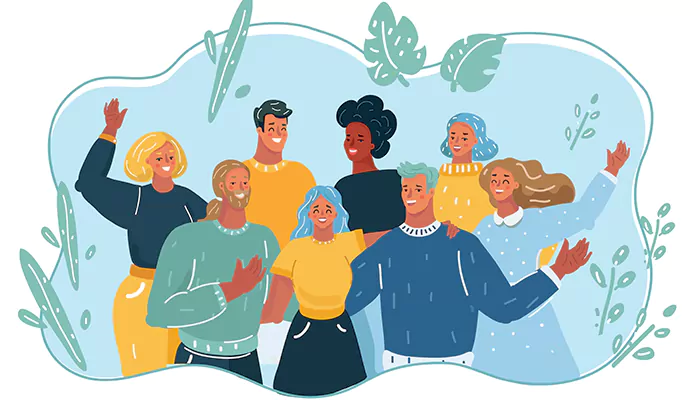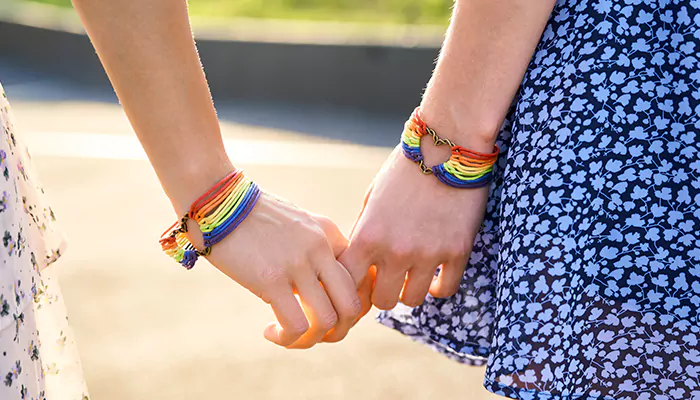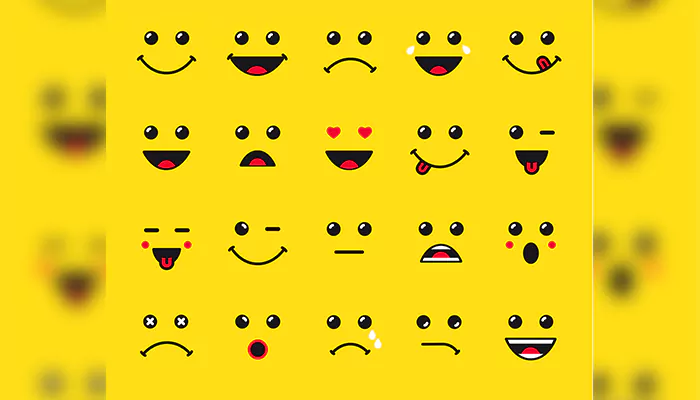What Is the ‘Soft Life’ and Why Are People Talking About It?
- TNT News Desk
- 7 months ago
- 5 minutes read

In a world that constantly pushes for hustle and grind, the concept of the “soft life” has emerged as a refreshing shift towards comfort, luxury, and peace of mind.
The "soft life" is a term that’s been gaining momentum, especially on social media, where influencers, celebrities, and everyday people share glimpses of a lifestyle that emphasizes ease, indulgence, and comfort. In essence, the soft life is about living without the constant stress, struggle, or grind often associated with work culture and traditional success. It’s a life of luxury, relaxation, and prioritizing well-being.
Unlike the hustle culture that glorifies overwork and constant striving, the soft life embraces a slower pace, where time is spent on experiences that bring happiness, joy, and peace of mind. Think leisurely vacations, spa days, good food, stylish living, and focusing on self-care—all elements that contribute to a relaxed, comfortable existence. It's about enjoying life’s luxuries without the pressure of always being productive.
The Appeal of Comfort Over Hustle
The allure of the soft life lies in its contrast to the demanding “hustle culture,” which has dominated much of modern society. Hustle culture, often celebrated for its focus on workaholism and the pursuit of success through constant effort, can lead to burnout, stress, and a lack of work-life balance. The soft life, on the other hand, represents a lifestyle where work is still valued, but it doesn’t define one’s entire existence. Instead, it’s about finding balance and ensuring that self-care and enjoyment take precedence.
In recent years, there’s been a growing disillusionment with hustle culture, especially among younger generations who are more attuned to mental health and wellness issues. This shift is being amplified by social media, where platforms like Instagram and TikTok feature glimpses into the soft life, showcasing luxurious homes, designer fashion, and moments of pure relaxation. The soft life’s popularity has risen as more people are seeking ways to disconnect from the constant demands of modern living.
Social Media and the Rise of Influencer Culture
Social media plays a significant role in shaping and promoting the soft life. Influencers and celebrities often showcase their lavish lifestyles, making the soft life seem like an achievable goal. From exotic getaways to cozy home setups, these influencers embody the ideals of a soft life: effortless beauty, wellness, and enjoyment. The visual nature of platforms like Instagram, where aesthetics are highly emphasized, has created a culture where people not only want to live a certain way but also display it for their followers to see.
In many ways, the soft life has become aspirational. The desire to live a life of ease and comfort resonates with many who feel overwhelmed by the pressures of modern work and life demands. These portrayals highlight the ability to live a life that balances material pleasures and personal well-being—something that more and more people are striving for.
The Soft Life and Mental Well-Being
A core component of the soft life is mental well-being. It’s not just about the material aspects like luxury cars or designer clothes; it’s about finding peace of mind, reducing stress, and focusing on what truly brings happiness. For some, this might mean prioritizing self-care rituals, like taking time for meditation, enjoying quiet moments, or spending time with loved ones. For others, it could mean indulging in hobbies or passions that promote relaxation and joy.
The soft life encourages individuals to recognize the importance of mental health and well-being as a priority. It advocates for slowing down and reconnecting with what feels fulfilling rather than constantly chasing external measures of success. In a fast-paced, often stressful world, the soft life promotes balance and contentment, helping individuals step back from the relentless pressure of being constantly busy or productive.
Cultural Influences on the Soft Life
While the soft life has global appeal, it is particularly resonant in cultures where there is significant pressure to succeed in competitive environments. For instance, in certain African and Caribbean cultures, the soft life has become a way to break free from the historical struggles of colonialism and socio-economic hardship. It represents a reclaiming of comfort and luxury as a form of empowerment, where the pursuit of happiness takes precedence over societal expectations of struggle.
In the West, particularly among millennials and Gen Z, there’s also a cultural shift towards valuing time over money. Many are turning away from traditional career paths that require constant hustle and instead are opting for freelance or entrepreneurial pursuits that offer more flexibility and leisure time. This shift is reflected in the increasing popularity of minimalism and the pursuit of experiential over material wealth.
Is Soft Life Just a Trend?
While some might see the soft life as a fleeting trend, it’s more of a response to the modern world’s chaotic pace. It’s a reminder that balance and self-care are not luxuries, but necessities for mental and emotional health. The soft life represents a paradigm shift, where the goal isn’t to work harder, but to live fuller and more mindfully.
Whether it’s through embracing a relaxed lifestyle, focusing on mental well-being, or simply slowing down to enjoy life’s simple pleasures, the soft life is much more than a passing trend. It’s a movement toward living more consciously, and for many, it’s a welcome escape from the relentless pressures of modern society.












